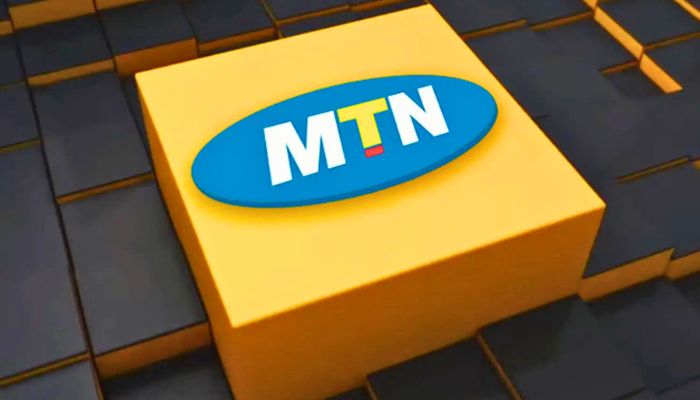MTN Nigeria is expecting to save between N75 billion and N85 billion in 2024 through renegotiated tower agreements with IHS Nigeria, a subsidiary of IHS Holding Limited (IHS Towers).
On August 7, 2024, IHS and MTNN announced a renewal and extension of all Nigerian tower Master Lease Agreements until December 2032, covering approximately 13,500 tenancy contracts.
In 2023, MTN Nigeria initiated renegotiations of its tower contracts to mitigate the impact of forex liberalisation and rising energy costs.
Read also: MTN Group posts first loss in 8 years on naira slump
The telco reported FX losses of N740 billion ($815.79 million at N907.1/$) in 2023, contributing to a loss after tax of N137 billion.
According to MTN Group’s first-half 2024 results, this new agreement is expected to save its Nigerian subsidiary between N75 billion and N85 billion by the end of 2024. The telco noted that these savings could range between N100 billion and N110 billion on an annualised basis.
Ralph Mupita, MTN’s group president and chief executive officer, said, “Based on current assumptions for 2024, we anticipate that the renegotiated terms will result in a benefit to MTN Nigeria’s EBITDA margin of between 3-4pp for FY 2024; on an annualised basis, this approximates to 4-5pp.
“In terms of cash flow effects, we estimate that the new terms will result in a benefit of between N75-85 billion for FY 2024. On an annualised basis, this approximates to N100-110 billion.”
Explaining the telco’s renegotiation strategy in 2023, Modupe Kadri, MTNN’s chief financial officer, emphasised, “It is important to say that tower contract renegotiation, supported by disciplined capital allocation, is very important in mitigating the impact of forex liberalisation and higher energy costs.”
Read also: South Africa becomes MTN’s largest revenue market on naira slump
After reallocating some tower contracts — contracts that were set to expire in 2024 and 2025 — from IHS to ATC in 2023, Karl Toriola, MTNN’s chief executive officer, stated, “Efficient tower contracts are key in driving cost-effective, deep broadband penetration and leading technology across our operations, and in our quest of achieving differentiated value, we will from time to time review the contracts we have with our partners to ensure they optimally meet our site requirements.”
In MTN Group’s H1 result, Mupita highlighted that the revised terms significantly reduced the dollar-indexed component of the leases and removed technology-based pricing, allowing payments for new upgrades to be based on tower space and power.
Sam Darwish, chairman and CEO of IHS Towers, noted, “We are cognisant of the challenges faced in emerging markets and are proud to extend our relationship into the next decade, working together to navigate global and local macro conditions while broadening mobile connectivity in Nigeria through our critical infrastructure.”
The renegotiated agreements also include an energy cost component indexed to the cost of providing diesel power. Gbenga Adebayo, the chairman of the Association of Licensed Telcom Operators of Nigeria (ALTON), remarked, “The biggest constraint we have in the telecom industry is the high cost of energy… We spend a lot on electricity and heavy logistics, and the capital spent on powering sites would not be there.”
Bolaji Balogun, CEO of Chapel Hill Denham, pointed out that these efforts are also aimed at domesticating the sector, which has been heavily dependent on FX-denominated inputs. “There is some work that has to be done around domestication,” he said.
While Airtel has yet to announce any new agreements, Sunil Taldar, Airtel Africa plc’s new chief executive officer, mentioned in the telco’s result for the period ended June 2024 that, “We have initiated a comprehensive cost optimisation programme across the Group.
“We have already seen success in this project, with savings arising in network and distribution costs and continued opportunities as contract renegotiations continue.”
Other efforts by MTN and Airtel to reduce FX exposures include paying off foreign loans. Both reduced loans to $100 million in June 2024 from $966.6 million in December 2023.
To adapt to these cost-saving measures, tower companies are exploring creative solutions for power supply. Kazeem Oladepo, vice president at IHS Towers, highlighted that while diesel remains a major energy source, many tower companies are integrating alternative energy sources such as solar, LPG, CNG, and others into their operations.
He stated, “The market dynamics and macros have not been the same over the past five years, so there’s only so much we can extract value from these players.”

